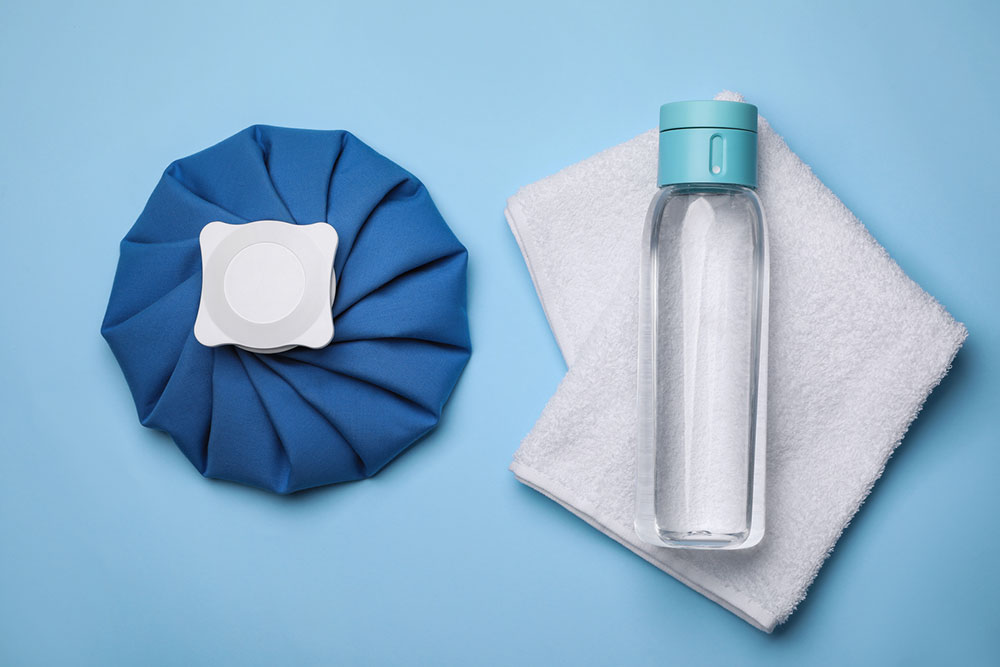5 tips to manage migraine attacks

Migraine is characterized by throbbing, lingering pain on either side of the head. It is common among those between 30 and 40 and more prevalent among women than men. According to research, at least 39 million people in the country live with migraine. Many people with this condition are sensitive to light and sound. Fortunately, lifestyle changes can reduce the frequency of migraines. Here are some effective ways that can help cope with migraines:
Treatments
People with migraines need to keep medications handy. Some of the common medicines used by adults for migraine attacks are UBRELVY™, Excedrin, Nurtec® ODT, and QULIPTA™. They block pathways in the brain that are responsible for migraine attacks. A doctor might also recommend preventive medicines if one experiences frequent and severe headaches that don’t respond well to treatment. These medications might reduce how often one gets an attack and reduce its severity.
Foods to eat
Fruits, vegetables, nuts, and seeds are high in antioxidants and fat and are great for keeping overall health in check. Magnesium-rich foods like avocados, apricots, almonds, cashews, and brown rice help the blood vessels relax and prevent headaches. Other items that help prevent headaches include leafy greens, dairy, and calcium-rich foods. Those who experience frequent migraine attacks are also often recommended to reduce the intake of high-sodium foods.
Lifestyle choices
Having a healthy sleep cycle is very rewarding. It’s good for one’s physical and mental health. Getting quality sleep every night can significantly reduce the frequency of migraine attacks. Migraines usually occur when the body doesn’t get enough rest and is stressed.
Hydration and cold compress
It’s essential to be hydrated at all times to help reduce the frequency of migraines. The body requires a certain amount of electrolytes and fluids to work its best. When one doesn’t replace these fluids and electrolytes, it causes dehydration, triggering migraine. Those with migraines can make their condition last longer if they go without drinking fluids. Use a cold compress over the neck during the onset of a migraine. It could help cope with the pain. This remedy is used by many to constrict the signal that causes migraine pain.
Avoid these triggers
A migraine can have various triggers like foods, odors, light, and more. It’s best to stay away from such common triggers. Common smells that can cause migraine include bleach, gasoline, leather, paint, pesticides, among others. Hypersensitivity to light is also a common migraine trigger. This means that flickering and fluorescent lights should be avoided. Additionally, spicy food, cheese, chocolates, and citrusy foods can also act as migraine triggers. Eliminating or avoiding these triggers is a recommended way of managing migraine attacks.